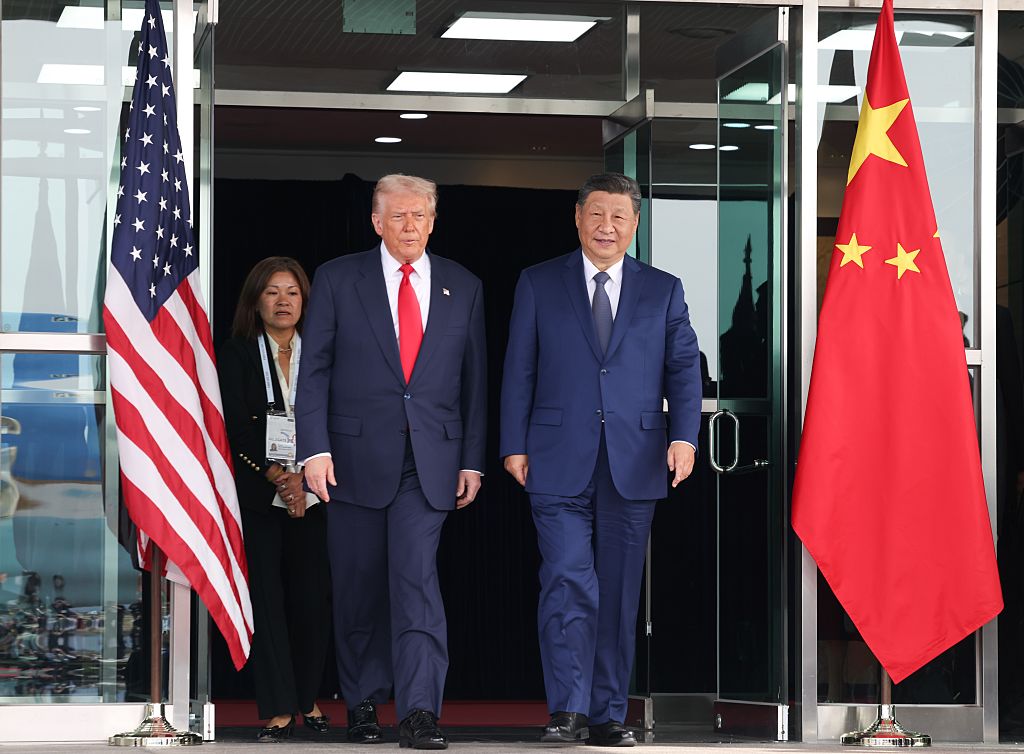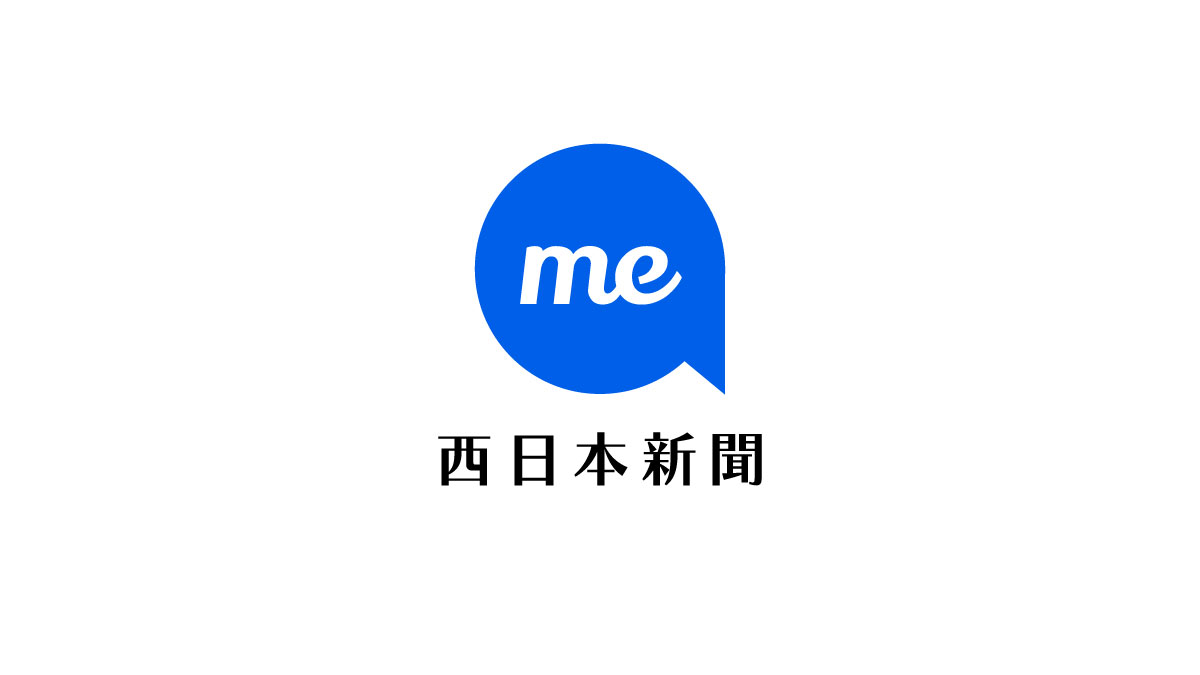President Donald Trump has returned from a ten-day whirlwind prosperity and peace-building trip to Asia. His mission was to build relationships, ink business deals, and assure Asian friends and partners of America’s solid economic and military support.
Trump exhibited bold leadership in consummating the ceasefire and peace deal between Thailand and Cambodia, as well as negotiating deals worth billions of dollars in critical minerals, farm products, and semiconductors to energize the US’s technological resurgence. The US president laid the groundwork for an era of “America First” for Americans while ensuring fair and equitable economic and defense relations with friends.
**Trump – The Indefatigable Businessman**
In what was Trump’s hallmark, fast-paced, event-filled visits, he first made a quick stop for refueling and a friendly visit with Qatar’s emir. As Liberty Nation News reported, “Joined by Secretary of State Marco Rubio, he held a brief 20-30-minute discussion with Emir Sheikh Tamim bin Hamad Al Thani aboard Air Force One.” The US president again thanked the emir for his essential help in bringing about the ceasefire, albeit fragile, in Gaza.
The first stop in Asia was Kuala Lumpur, where Trump participated in a meeting of the Association of Southeast Asian Nations (ASEAN). The peace deal between Cambodia and Thailand set the stage for broader “Frameworks for Agreements on Reciprocal Trade with Thailand and Vietnam,” according to the Office of the United States Trade Representative (OUSTR).
From a national security perspective, the deal-making on critical minerals is the most significant since it creates a hedge against being held hostage to unreliable Chinese rare earth exports to the US. A White House press release extolled the benefits of the critical minerals deals, explaining, “President Trump signed transformative deals with Malaysia. In addition to securing groundbreaking investments worth billions, the two countries reached a critical minerals deal that will expand trade and investment, helping diversify global supply chains and enhancing US national security.”
These individual deals demonstrate the Trump administration’s rejection of multinational trade agreements in favor of bilateral pacts.
The proof of success in Trump’s negotiations while at the ASEAN conference is what American recipients of the deal-making say. Again, from the OUSTR, Semiconductor Industry Association President and Chief Executive Officer John Neuffer explained: “The agreements announced today with Malaysia, Vietnam, and Thailand will inject much-needed certainty and predictability into the global trade and business environment for the semiconductor industry and provide a platform for future trade and economic security collaboration going forward.”
The Aerospace Industries Association, the National Corn Growers Association President Jed Bower, and the US Grains and BioProducts Council expressed similar enthusiasm for Trump’s success in opening ASEAN markets that had been closed or on life support for the last four years.
President Trump posted on Truth Social, “Bringing back Trillions of Dollars to USA! A great trip. Dealing with very smart, talented, and wonderful Leaders.”
Additionally, Trump established preliminary tariff agreements with Indonesia, Vietnam, and the Philippines, which reduced average tariffs on US goods by 15-20%. The US committed to transferring some technology and participating in combined anti-piracy operations in the region. Furthermore, Vietnam pledged to buy $10 billion in US liquefied natural gas (LNG).
Visits to Japan and South Korea were equally fruitful. Trump received a pledge from newly elected Japanese Prime Minister Sane Takaichi to invest $550 billion in US industries, particularly in the areas of artificial intelligence, energy, semiconductors, and manufacturing. According to a White House statement, the deals made with Japan and Korea would result in “expanding, strengthening, and focusing science and technology collaboration with key allies.”
Additionally, South Korean airline Korean Air has agreed to a framework for the purchase of 103 new Boeing aircraft, valued at $36.2 billion. Korea Gas Corporation is committed to buying 3.3 million tons of US LNG through long-term contracts.
**Kind Words in Japan**
The visit to Japan was more of a “lovefest” than an opportunity for a hard-hitting duel of skilled negotiators. President Trump told Prime Minister Takaichi, “On behalf of our country, I just want to let you know that any time you have any question, any doubt, anything you want, any favors you need, anything I can do to help Japan, we will be there. We are an ally at the strongest level.”
The Japanese prime minister reciprocated with a strong personal endorsement of President Trump. She told him that since he took office, “The world started to enjoy more peace on the ground and in this context, I highly value your unwavering commitment towards peace and stability. I myself was so impressed and inspired by you, Mr. President.”
The tangible outcome of the US-Japan meetings was a $15 billion US arms purchase, including the accelerated delivery of advanced AIM-120 and AIM-9X air-to-air missiles, which will enhance Japan’s capabilities in countering North Korea.
While visiting South Korea, President Trump met with the People’s Republic of China’s (PRC) President Xi Jinping. At what is being described as a historic summit at South Korea’s Gimhae Air Base in Busan on October 30, President Trump secured a temporary ceasefire in the US-China trade war.
The US agreed to reduce its tariffs on Chinese goods from 57% to 47% (a 10% reduction). The new tariff will take effect immediately, while China will make corresponding reductions in duties on imports of US goods. This new negotiated trade deal is an annual agreement and will be renegotiated in a year.
The one-year agreement also includes a suspension of stricter export controls on rare earth metals, along with halting special port fees on US commercial ships, and the US will do the same for PRC ships using American ports. Loosening of restrictions on rare earth minerals eases the supply chain uncertainty where the PRC holds a near-monopoly.
The most important of the agreements is the pact that includes China’s one-year commitment to resume large-scale purchases of US soybeans and farm products. China also promised to take stronger action to reduce or eliminate fentanyl trafficking.
Although the China talks did not yield everything Trump might have wanted, since there was no meaningful discussion regarding Taiwan and China’s aggression in the South China Sea, the visits as a whole were, as Trump explained, “a twelve” on a ten-point scale. It was a demonstration of the resurrected impact of the US in the region.
Trump built a bulwark of confidence in America’s willingness to engage with Indo-Pacific nations. In the words of Prime Minister Takaichi, there is value in Trump’s “unwavering commitment towards peace and stability.” It is indeed a new dawning for US relationships in Asia.
President Trump is just the leader to take advantage of it.
~ The views expressed are those of the author and not of any other affiliate.
https://www.libertynation.com/trump-back-from-asia-bringing-home-the-bacon/



